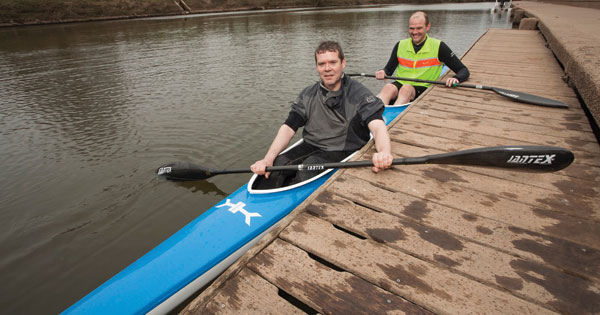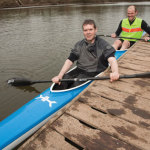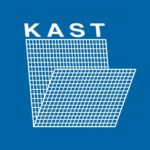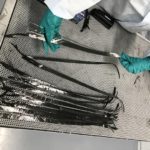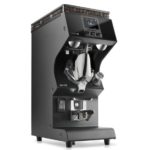Two academics have successfully made their maiden voyage on a kayak made from recycled carbon fibre.
Professor Gary Leeke, honorary researcher at the University of Birmingham, led a team of scientists and engineers to create they kayak out of fibre reinforced composite materials, believed to be a world first.
Professor Leeke entered the 125-mile International Canoe Race – a feat compared to climbing Everest – over the Easter Bank Holiday weekend with his teammate, Professor Liam Grover to showcase that the kayak could “withstand the toughest of races.”
They paddled for 16 hours non-stop and retired, due to battling Storm Katie. The kayak excelled however, proving it was high performance.
Professor Leeke and his team developed a technique using a process known as solvolysis to recycle composite materials, a process that is notoriously difficult. The kayak is built using this technique and is said to be as strong as the original, unmodified material.
‘The kayak is only two to three millimetres thick. The material is light, extremely strong and hardwearing. It can be used in a huge number of applications as well as high performance sporting goods as demonstrated by our kayak,’ explained Professor Leeke.
‘We are excited to be putting the material to the test with the creation of the kayak. By racing it myself, with my teammate Liam, we know first hand how durable the material is.’
The material has been created to illustrate that composites can be recycled and used in manufacturing processes with industry. Recycled composites could have a large part to play in the future of manufacturing within industries such as automotive, renewable energy and construction.
There is a huge need to do this as the majority of composites are currently sent to landfill. This is becoming an increasing burden on the environment and it is expected that by 2025 it will be illegal to send composites to landfill in the UK.
Professor Leeke is the lead academic for a project called Exhume which develops new and resource efficient recycling and re-manufacturing processes with industry. Exhume is a partnership between the Universities of Birmingham, Cranfield, Exeter and Manchester and is funded by the Engineering and Physical Sciences Research Council.
